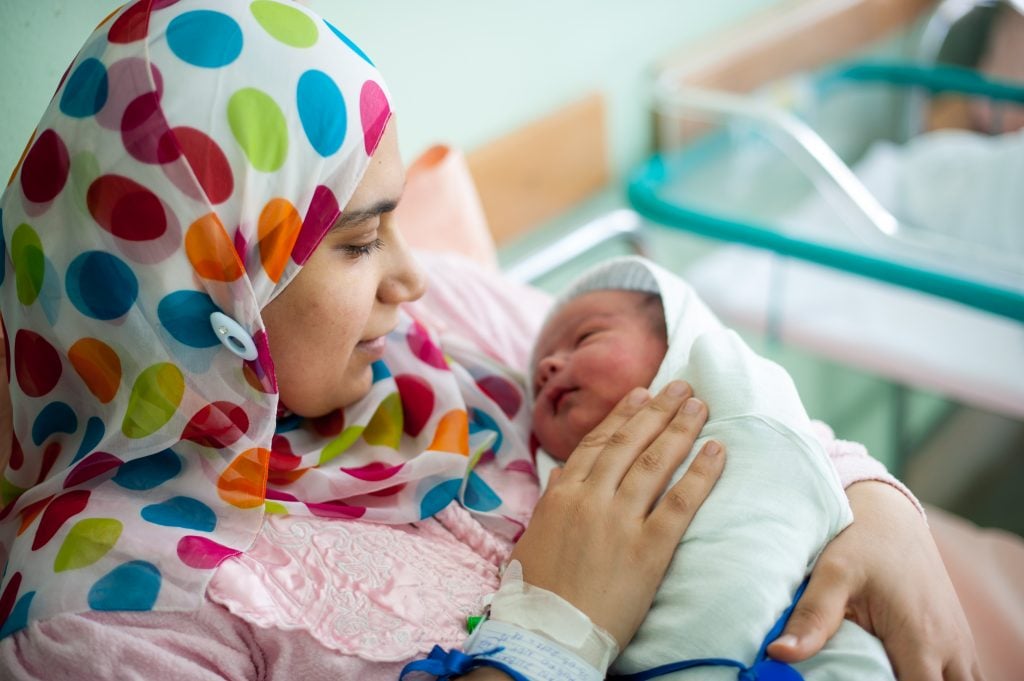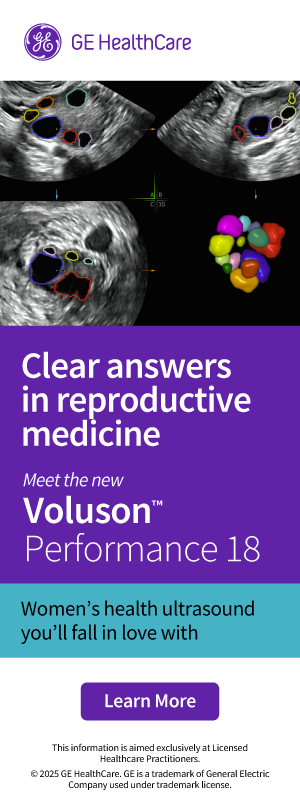An interview with Angela Leung
For the past three years, Registered Nurse Angela Leung has been working with asylum seekers and people from refugee backgrounds who are receiving support from Australia’s Status Resolution Support Service, or the Humanitarian Support Program. Angela facilitates health orientation workshops for the people, assists them to navigate the Australian health system, and also supports them and advocates for them at hospital and medical appointments. In this interview, she talks about the challenges people experience when accessing health services and how health practitioners can encourage health help-seeking and thereby improve health outcomes.

Is the Australian healthcare system providing appropriate healthcare for people from refugee backgrounds?
A minority of medical practitioners, health professionals and Refugee Health Clinics provide appropriate healthcare. These service providers engage interpreters and communicate in ways that create safety and build trust, so that the people feel welcome and respected. We need many more medical service providers to welcome the people and provide services that meet their needs, support and empower them to navigate the health system and develop their health literacy.
Why is this so?
Unfortunately, although there is an awareness that cultural sensitivity is important, I have observed many situations where healthcare service providers and administrative staff demonstrated a lack of professionalism and cultural humility when interacting with people from refugee backgrounds.
There are also system barriers. For example, when I was attempting to access antenatal classes and a labour ward tour for a newly arrived woman. When I informed the booking clerk that the woman had previously given birth, I was informed that she didn’t qualify for antenatal classes, or the labour ward tour. I advised that as the woman was anxious about delivering in Australia and did not speak English, it was essential that she attend the ward tour. I requested an interpreter for the tour and was informed that this would not be necessary as “it is just a 10-minute walk around.” I continued to advocate and was then informed it would not be possible for the woman and her husband to attend the usual tour with an interpreter as it would be “too disruptive for the other participants and would take too long.” Following further advocacy, a tour with an interpreter was organised after the usual tour was completed.
In addition, our healthcare service providers have significant time pressures. Caring for people with complex medical and social concerns without a common language takes significant perseverance and time. Our health system requires English language literacy to enable access, navigation and understanding of health information. It is not difficult to see why providing appropriate healthcare remains challenging.
What can health practitioners do to improve the situation?
Firstly, always, always make every effort to engage an appropriate interpreter. Most of the people from refugee backgrounds have no English literacy and some of the people are not literate in their own language. Communicating effectively is incredibly important. I have observed medical practitioners using Google translate, or family members, or friends of the patient to communicate. Interpreters assist with developing rapport and eliciting an accurate history. Getting by without engaging an interpreter disallows the person a voice in their healthcare and the evidence shows it is unsafe practice.
Importantly, consider the gender of the interpreter. Many women from refugee backgrounds have experienced physical and/or sexual assault, and due to their cultural norms may not feel comfortable discussing health concerns with the assistance of a male interpreter.
Secondly, make no assumptions. Prior to making a judgement, or a decision, or if you are unsure, ask. Ask your patients about what is worrying them, their preferences, and what is important to them.
In summary, health help-seeking by people from refugee backgrounds is influenced by their interactions with health practitioners and the health system. I’d like health practitioners to be aware that every encounter is an opportunity to assist the people to develop trust in the health system and health practitioners. When the people have a positive experience, they are more likely to seek healthcare in the future.



